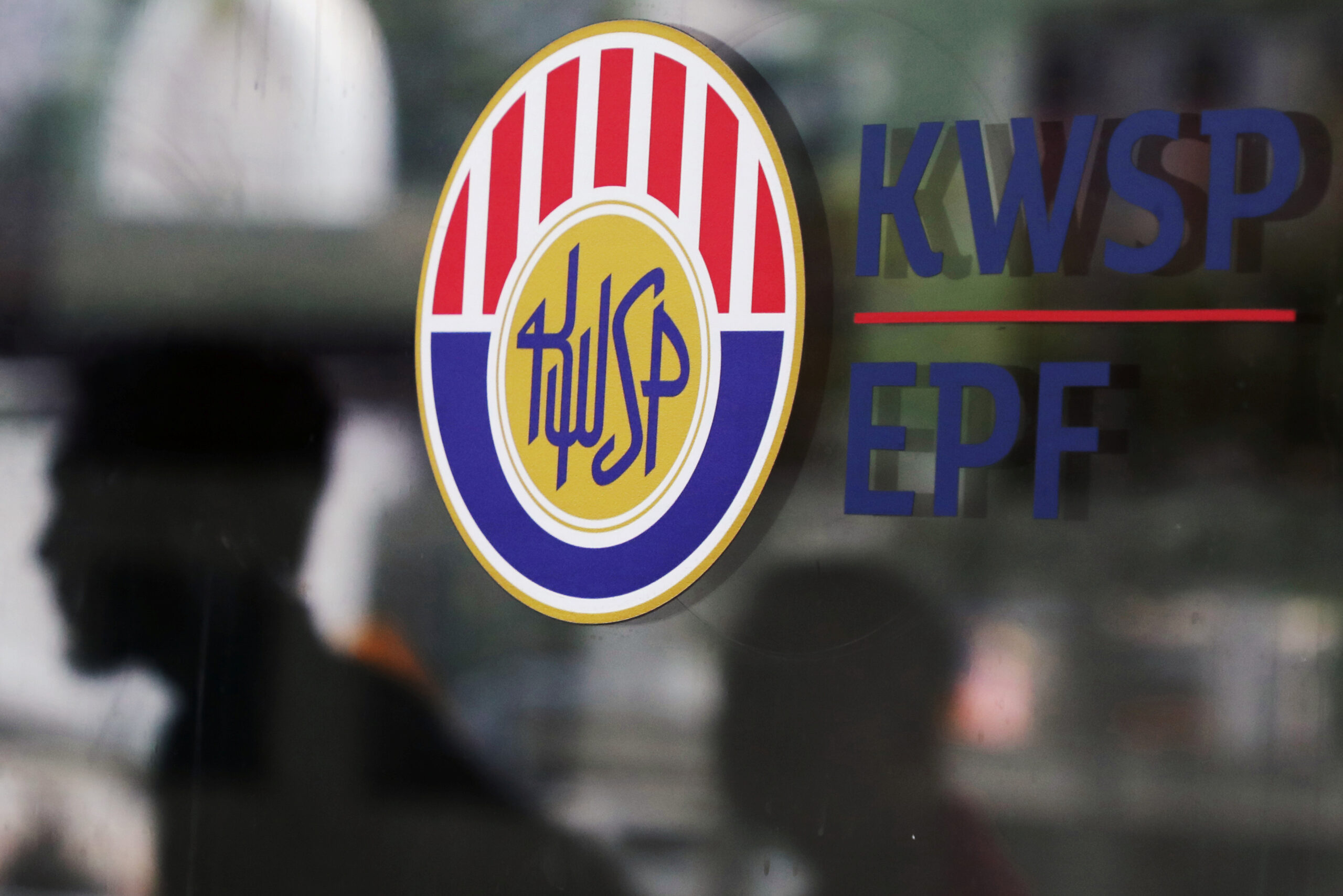THE Employees Provident Fund (EPF) announced a significant growth in its investment assets which reached RM1.19 tril as of March 2024. Overseas investments now account for 38% of the total assets, highlighting the fund’s diversification strategy.
EPF reported that its overseas investments primarily in equities continued to outperform, generating RM9.88 bil in income. This figure represents 51% of the total distributable income for the first quarter of 2024, underscoring the value added by these investments.
The EPF’s total distributable income for Q1 2024 rose 33.1% year-on-year (yoy) to RM19.20 bil, up from RM14.42 bil in the same period last year. This increase does not include unrealised mark-to-market (MTM) gains.
EPF CEO Ahmad Zulqarnain Onn attributed the strong performance to resilient global growth particularly in advanced economies. He noted a 10% year-to-date increase in the FBM KLCI index, reflecting growing confidence in Malaysia’s economic policies.
“The FBM KLCI index has increased by 10% year-to-date, reflecting increased confidence in the growth and impact of various new economic and industry policies.
“Internationally, the US economy continued to grow, lowering expectations for the US Federal Reserve rate cuts during the year, and major stock indices showcased strong rallies during the first quarter, led by a run-up in financial, healthcare and technology stocks,” The Edge Malaysia quoted him as saying.
He also cautioned about ongoing risks, including prolonged high interest rates, geopolitical tensions and policy changes due to numerous elections in major economies.
“While first quarter results have been strong, financial markets remain subject to a number of risks that have been prevalent, namely ‘high for longer’ interest rates, geopolitical and conflict risks, and changes in policies resulting from a large number of elections being held in a number of large economies this year.”
Moreover, income from equities soared to RM13.15 bil during the quarter, up from RM8.69 bil a year earlier. Equities remained the top income contributor, accounting for 68% of the total distributable income. This increase was attributed to proactive strategies by fund managers, who capitalised on market rallies to realise capital gains.
Fixed income instruments mainly Malaysian Government Securities (MGS), provided a steady income stream contributing 27% or RM5.14 bil to the total distributable income. Real estate and infrastructure investments generated RM220 mil while money market instruments added RM690 mil, aligning with expected returns for these asset classes.
Ahmad Zulqarnain expressed optimism about Malaysia’s economic outlook, noting a 4.2% growth in Q1 2024, supported by a robust labour market and rising employment rates.
Simultaneously, Bank Negara Malaysia (BNM) forecasts the economy will grow between 4% and 5% in 2024, with moderate inflation ranging from 2% to 3.5%.
“The outlook for global growth this year has become more positive.
“However, risks remain high due to uncertainty surrounding the impact of monetary policy tightening on growth and financial market stability, China’s property market crisis, as well as geopolitical tensions that could push commodity prices higher and threaten global economic growth.”
Furthermore, the EPF also reported an increase in Malaysians opting for EPF savings and making voluntary contributions, reflecting sustained economic growth driven by Malaysia Madani policies.
The EPF aims to continue enhancing its capabilities and portfolio performance, guided by its long-term Strategic Asset Allocation (SAA). – June 12, 2024
Main photo credit: Reuters









